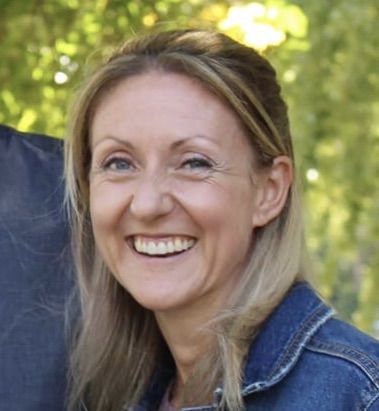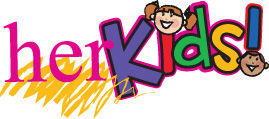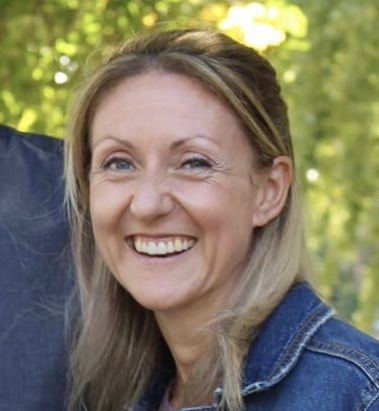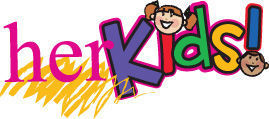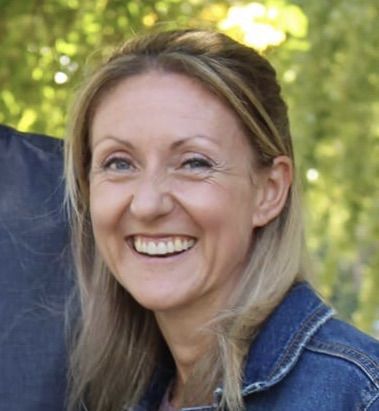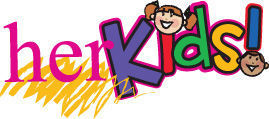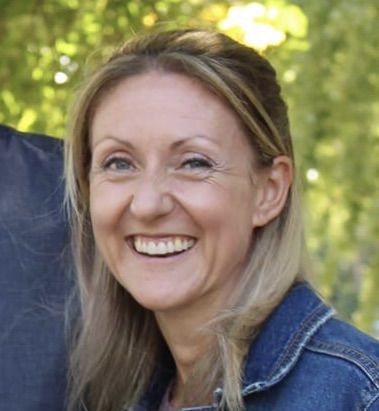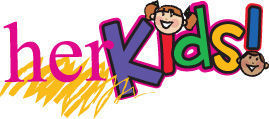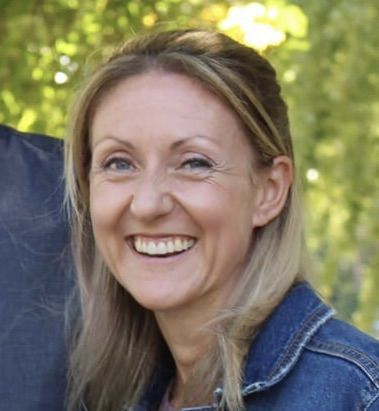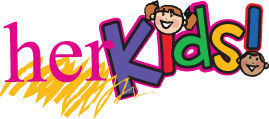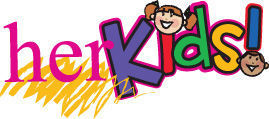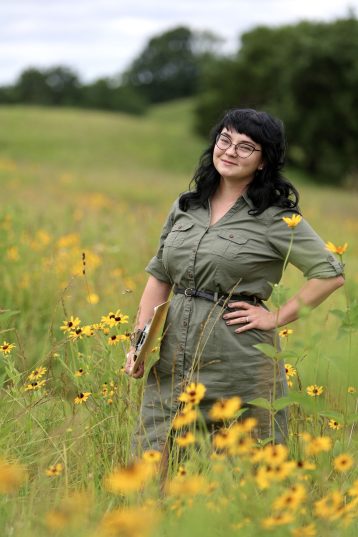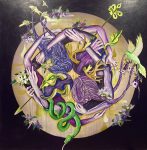During the past several years, the word YET has been popping up in classrooms across the country.
“I don’t know how to add big numbers YET, but I will learn if I keep listening in math” wrote one first-grader.
“Writing in cursive isn’t easy for me YET,” stated a third-grader. “But I’ll get better if I practice.”
This enthusiasm for the word YET comes from researcher Carol Dweck’s profound discovery that because our brains are malleable and capable of growth, anything can be learned.
When I was growing up, the popular theory seemed to be that individuals were born with predetermined academic capabilities. In my elementary years, I repeatedly heard teachers and parents say, “She’s a naturally strong reader, but she struggles with math.”
My standardized test scores, where I consistently did well in language arts but scored average in mathematics, supported these claims. The logical conclusion was that I should be proud of my reading and writing and graciously accept that I would only ever be mediocre in math and science.
Many of you are nodding your heads.
As young scholars, we were indoctrinated with the belief that some of us were born academically gifted and others weren’t. The same was true for skills such as sports and art. You either had it or you didn’t. End of story.
Dweck’s findings in her research on the human mind turned this belief on its head. She found that while individuals might be born with certain cognitive and physical strengths, anyone can learn, grow and excel in any area they wish to pursue. Moreover, even if a person is born “gifted” in a certain area, if he or she does not push himself to grow and improve that skill set, that strength eventually will stagnate and die. They will be surpassed by others, naturally gifted or not, who are working hard to grow in that particular field.
My favorite example Dweck uses to support her claim is that of Billy Beane.
From a young age, he was singled out for his incredible athletic talent. In high school, he excelled in all sports. After high school, he chose to pursue baseball professionally, and here things started to go downhill.
In the minors and the majors, Billy clung to his “natural talent” and resisted tips on how to improve and grow. Deep down, he knew that trying new things meant making mistakes, and he believed if he started making mistakes, that meant he really wasn’t any good.
Beane fixated on the idea that because he was naturally gifted, he shouldn’t have to put effort into his athletic skills. No effort, though, meant no growth, so Billy Beane failed as an athlete in the major leagues.
In direct contrast to Billy Beane is Muhammed Ali. Ali was never deemed a natural athlete. He was small and did not fight in the classical style expected of a professional boxer. Ali, however, used what he had to his advantage. He was fast, quick-witted and determined. He studied his opponents to learn their strengths and weaknesses. He memorized their movements so he could predict what they would do in the ring.
Muhammed Ali might not have been a natural athlete, but he worked hard to develop his skills, and he became a championship boxer.
Then, there’s Michael Jordan. Jordan had athletic talent at a young age but didn’t stand out as extraordinary. What he had was a strong work ethic and a willingness to learn from his mistakes. Throughout his career, he practiced diligently and was the first to admit that for every shot made, dozens were missed.
Jordan believed that growth involved taking risks. “You miss 100% of the shots you don’t take,” is one of his most famous quotes. Jordan was described by a former coach as, “a genius who constantly want(ed) to upgrade his genius.”
In her book, “Mindset,” Dweck goes on to give examples of people, “gifted” or not, who excelled in many different areas — business, academia, sports, the arts and interpersonal relationships — because they had what, she coins, a growth mindset.
A growth mindset, she explains, is “the belief that a person’s most basic abilities can be developed through dedication and hard work. Brains and talent are just the starting point. This view creates a love of learning and a resilience that is essential for great accomplishment.”
Parents who have this mindset pass it on to their children. They teach their children that it takes more than just natural ability to succeed in life — it takes lots of blood, sweat and tears.
Parents with a growth mindset help their children understand that just because they don’t already have a certain skill, or they have a disability that makes learning a new skill more challenging, it doesn’t mean they won’t ever find success. It does mean, though, that their children often will have to work harder than others to get where they want to go. Embracing struggle and learning from mistakes is a huge part of having a growth mindset. Hence the emphasis in so many classrooms on the word YET.
One of the most encouraging ideas about a growth mindset is that it, too, can be learned. Even if you didn’t grow up having a growth mindset, it’s never too late to embrace the uplifting potential our brains have for growth. In fact, just learning about the concept of a growth mindset is enough to begin thinking about ourselves and our children in entirely new ways.
Melissa Hyde has a masters in education from Pepperdine University in Los Angeles and more than 10 years experience teaching elementary education. She works for Challenge to Change in Dubuque, teaching children social emotional regulation skills through the practices of yoga and mindfulness.

